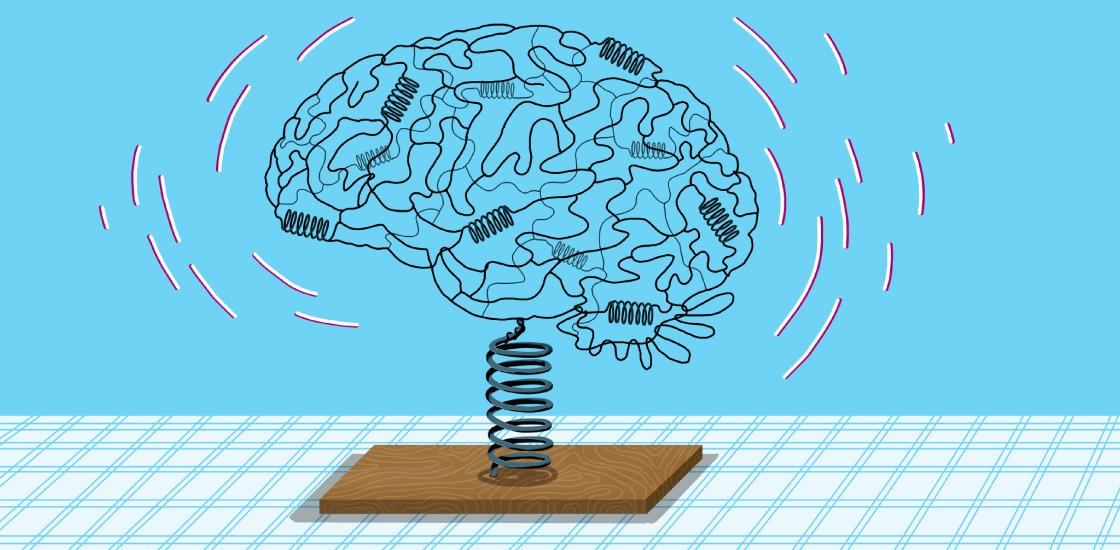Revealing the nature of epilepsy

The definition of epilepsy — what it is?
This term means an unexpected dysfunction of the neurological type that blocks brain activity. It causes unpleasant self-feelings in a person. Often, this psychological state leads to ataxia and forgetfulness accompanied by smothering seizures. According to statistics, among 30 people about 26 of them will struggle with epilepsy for a whole-life period.
Talking about a seizure, it also has a straight definition — abrupt dysfunction of a brain's neuronal activity. The probable secondary effects of this state can be unforeseen. But, according to practice instances, absent control of movements, and unconscious thoughts are possible.
The aftereffects of seizures can be noticeable or hidden from detection. The consequences range from tiny and harmless to tremendous and critical. It depends on the concrete part of the brain where the dysfunction starts. In medical practice are about 40 various reasons for seizure onset.
What is the cause of epilepsy?
Despite the fact neurologists are intelligent and qualified, even they can not predict a major portion of aftermaths. More than two-thirds of people can reveal the presence of epilepsy in their bodies according to genetic tests. One-third of people face this disorder after receiving a dangerous infection or brain injury. Even now it's hard to track the formation path of epilepsy and give the answer on how to prevent it from starting in a human's body.
Diagnostic of epilepsy — from where it starts?
Preliminary analyzing and simple examination are a must. The first seen case of epilepsy and the opinion of eyewitness are also matters. Any information about a person's disorder people can tell will make it easier for further medical assistance. More of that, the investigation of probable reasons requires blood tests, electroencephalogram, computerized tomography, and magnetic resonance imaging. But, even with those methods, sometimes the diagnosis is hard to make.
Is that disorder because of genetic inheritance?
Epilepsy depends on the genetic code of a family. It also spreads in a variety of ways in the body according to the sex and the age of a person. Those factors are the reason for the typization of epilepsy. A vast majority of research coursed to the identification of vulnerable genes and examination of their evolution path. As a result, those actions succeeded. And that is why further research of sensitivity of genes to epilepsy can bring a clear understanding of subsequent treatment.
Does that mean epilepsy is curable?
Preventing methods, coursed for isolating an injured part of a brain, are usable in surgery. But, this option is not the easy way. Without a set of tests and intense examination, those radical acts will not be successful. Nevertheless, the practical part of that treatment finds as an effective one.
The most stable, but long enough way to cure epilepsy — medications. This variant cures only symptomatic issues, but not the disease. According to statistics, one-third of people can not control their state and consciousness while eating those pills. That's why such a way of treatment is more situate.
